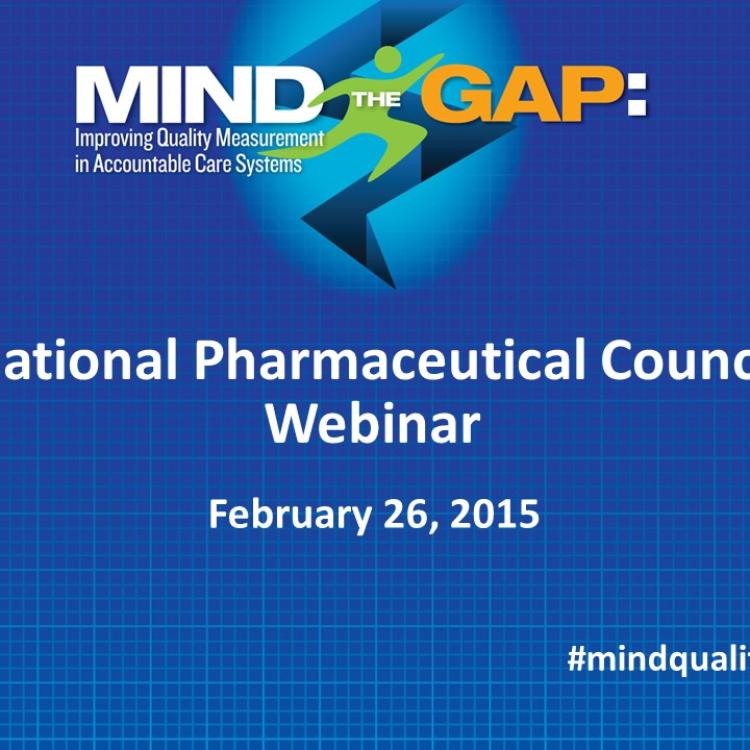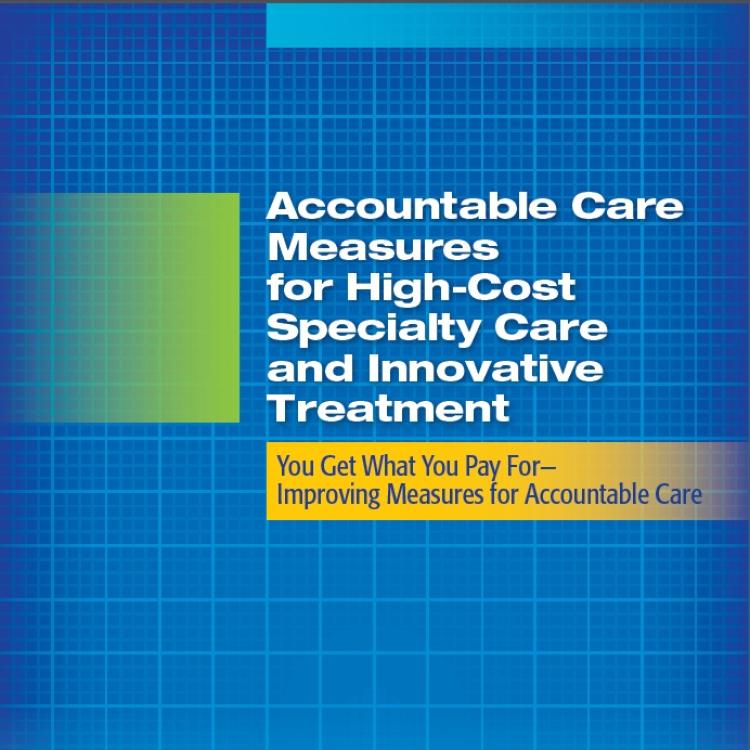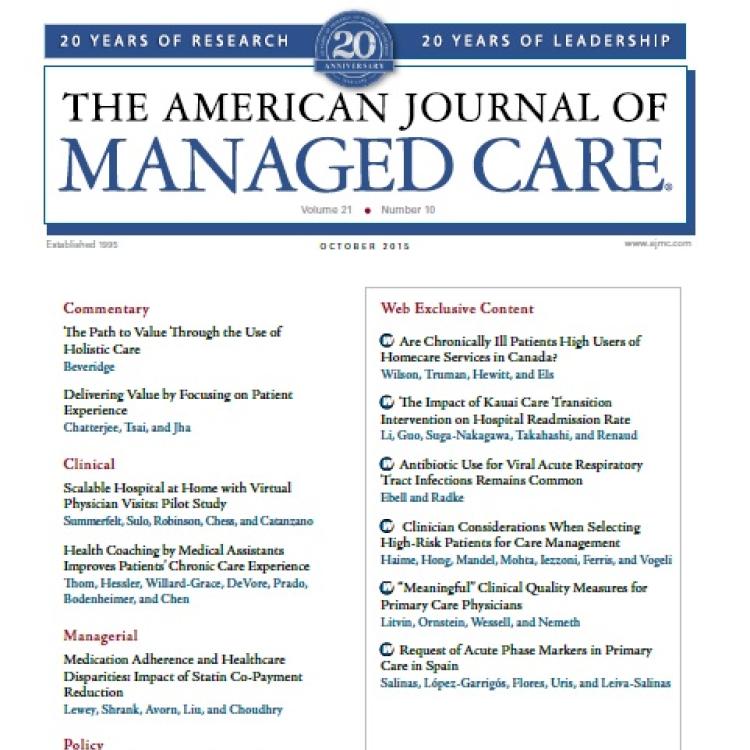Authors: Valuck T, Blaisdell D, Dugan D, Westrich K, Dubois RW, Miller RS, McClellan M
Publication Date: April 4, 2017
Download the white paper.
This comprehensive white paper from the National Pharmaceutical Council and Discern Health analyzes the gaps in accountable care quality measure sets for cancer, which can lead to missed opportunities to spot problems or improve care.
Quality measurement, tied to financial incentives, is one of many approaches accountable care programs are using to promote system-wide improvement. Measures can help payers to reward better care, providers to take action to improve care, and patients to make informed decisions about where to seek care. Measurement in oncology, however, is particularly challenging because patients have complex and individualized needs that often require targeted diagnostics and therapeutics as part of the treatment.
This white paper examines the use of existing measures and measure “gaps,” or areas where measures have not yet been developed or, if they have been developed, are not in use in measure sets.
Specifically, this white paper examines the quality measure landscape for 10 high-priority types of cancers, including breast, chronic myelogenous leukemia, colon, kidney, melanoma, non-Hodgkin lymphoma, non-small cell lung, ovarian, pancreatic, and prostate cancer. It also examines cross-cutting measures that assess clinical processes and outcomes across more than one condition, including multiple types of cancer.
This gap analysis identified a number of important findings:
- Accountable care measure sets for cancer typically include important cross-cutting measures for pain quantification and treatment planning, depression screening, inpatient and outpatient utilization rates, and radiation dose limits and use of radiation for palliative care.
- Despite a historical focus on development of process-related quality measures for cancer care, few measures exist or are in use beyond the breast, colorectal, and prostate cancer clinical areas.
- Numerous measure gaps for cancer-specific treatment processes exist, particularly for appropriate mutational and biomarker testing, imaging utilization, initiation and adherence to therapies, and initiation of radiation therapy.
- Other high-priority cross-cutting measure gaps remain, particularly for patient-reported outcome performance measures (PRO-PMs), stage- and tumor-specific data collection, survival and disease recurrence, and adherence to appropriate clinical pathways.
A multi-stakeholder Roundtable of oncology and measurement subject matter experts reviewed and considered the measure gap findings and opportunities for improving oncology measurement during a one-day meeting.
Based on the analysis and Roundtable discussions, the white paper recommends strategies and near-term action steps to address identified measure gaps, promote development of effective and meaningful cross-cutting measures, and improve the state of oncology quality measurement in accountable care models generally.
Recommended strategies include:
- Refining oncology core measure sets with existing and new cross-cutting measures that address important quality issues across types of cancer.
- Gaining a better understanding of cancer-specific patient-reported outcome (PRO) data collection tools and PRO performance measures for accountable care through research and measure development.
- Designing and incentivizing reporting under a layered measurement approach to assess performance at provider, system, and external accountability levels. Reporting dashboards should capture aggregated quality results at all these levels.
- Leveraging best practices in model design and measure development from organizations such as the Health Care Learning & Action Network and the National Quality Forum.
- Collaborating to create an accessible repository for timely high-quality clinical evidence.
- Defining a core set of essential data elements for Electronic Health Records (EHRs) to ensure quality reporting while also standardizing
The white paper is a follow-on from prior NPC-supported work, the “Mind the Gap” white paper, two peer-reviewed publications, and conference, which explored challenges and solutions for closing gaps in health care quality measures.



